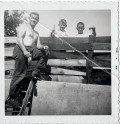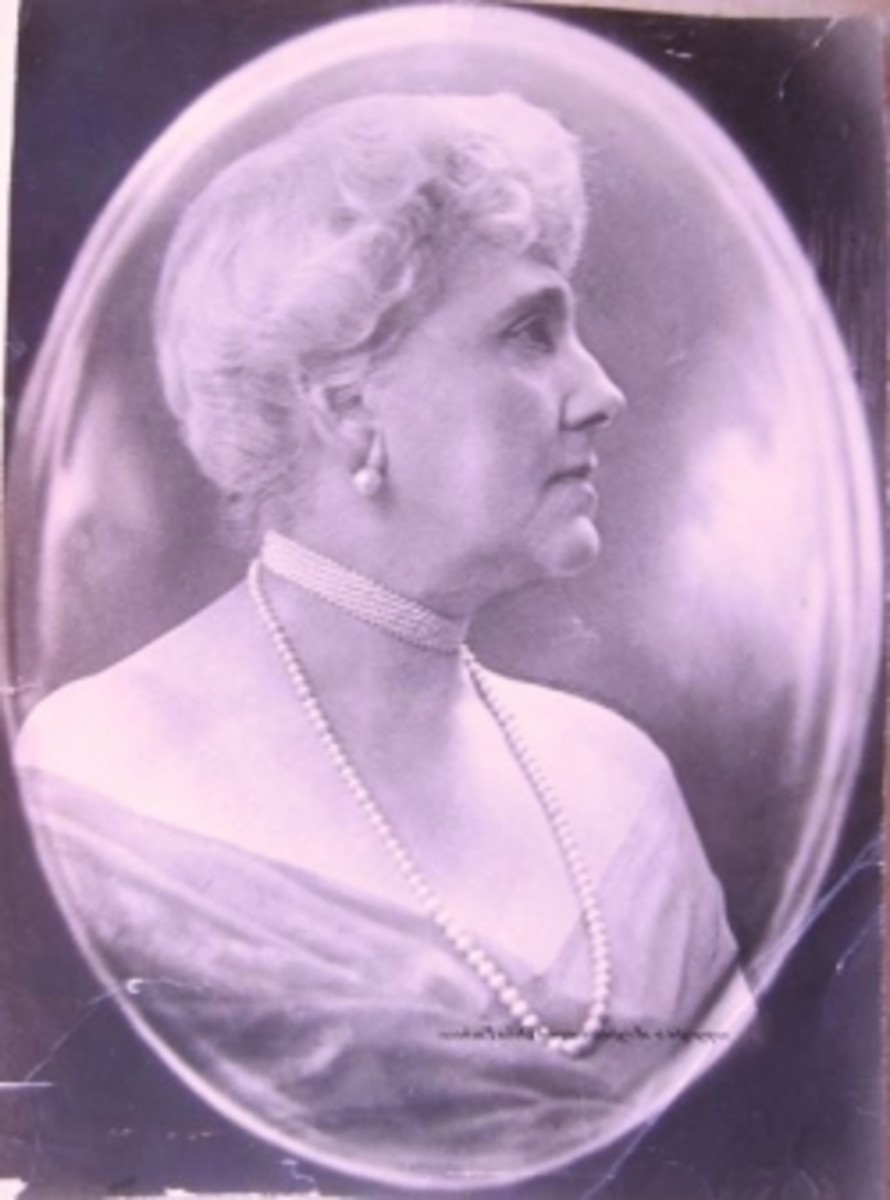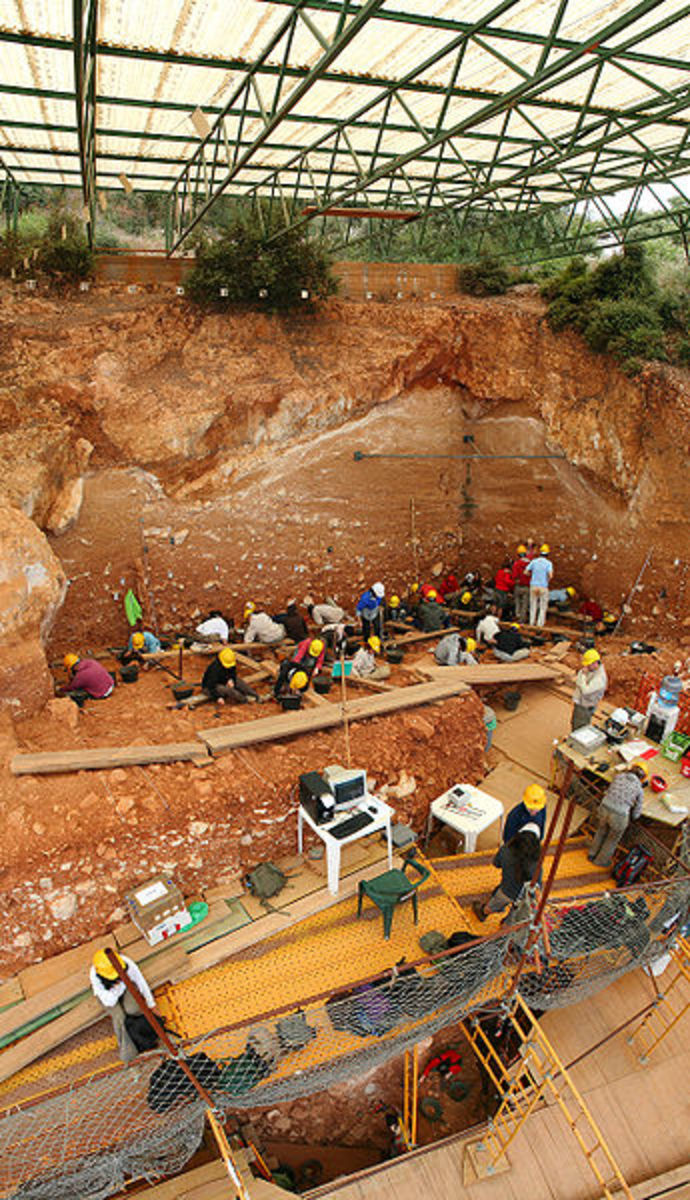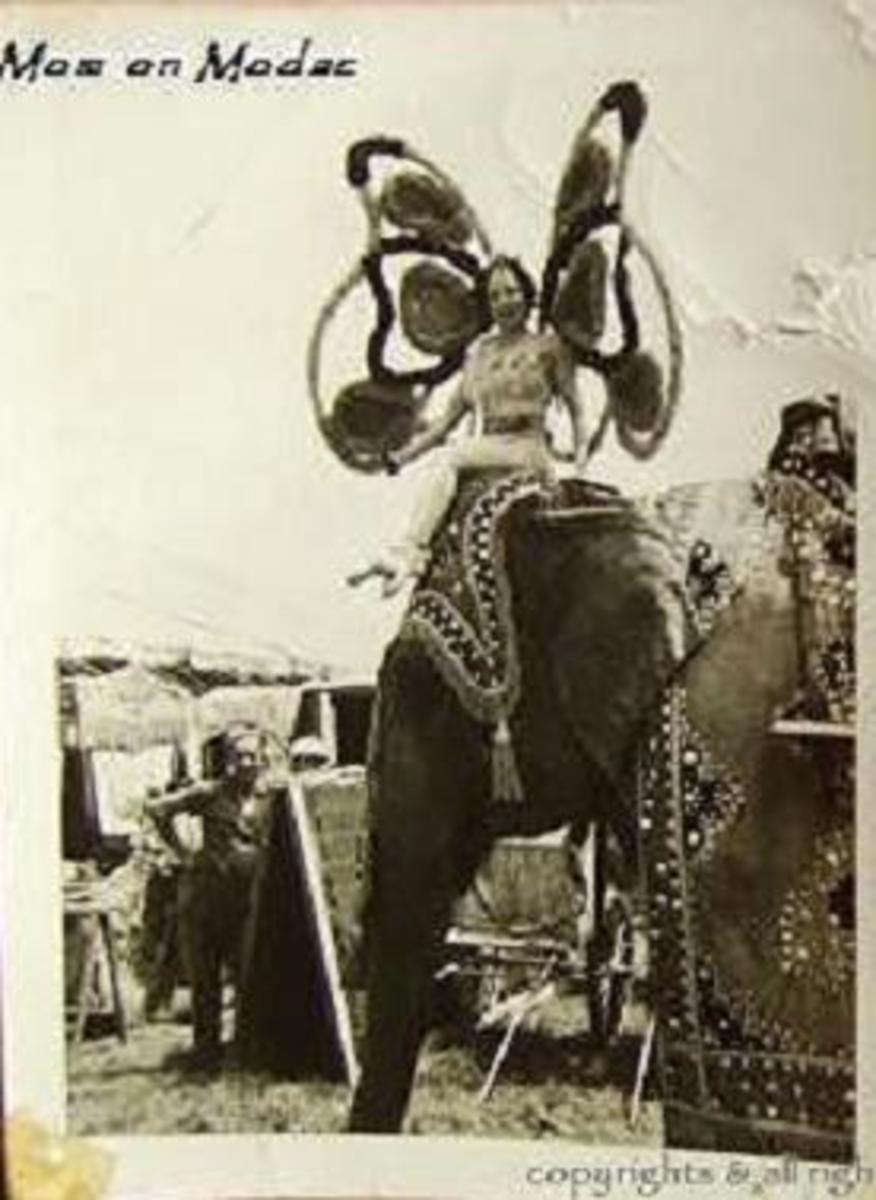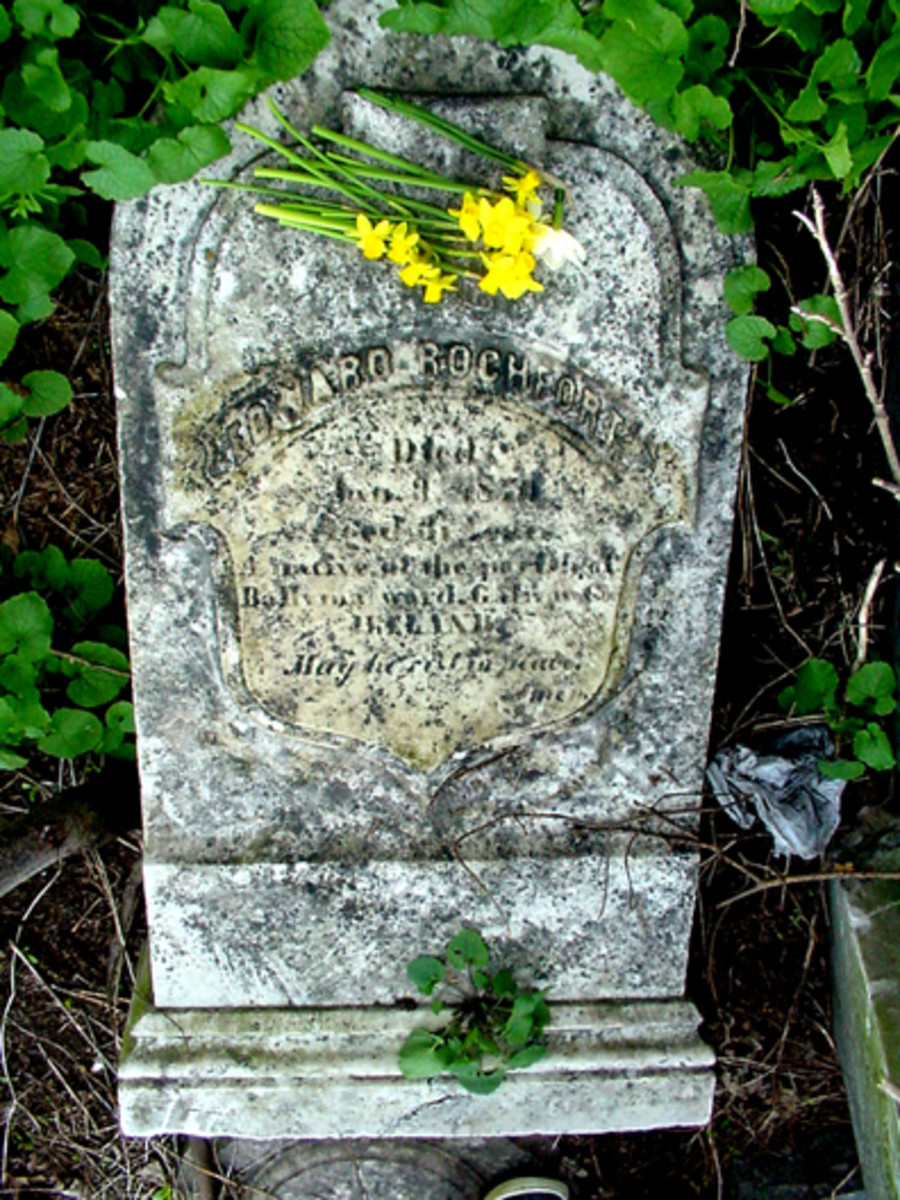A Slice of Time
Reminants of the Old Barn
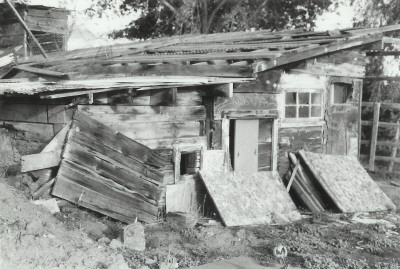
A Slice of Time
The downside of spending a lot of time dwelling on the past, for me, is the personal truth that the past is usually a dangerous place to visit. Having lived over half a century, life has given me many memories. I have found these memories are changeable; they can be manipulated and twisted, denied or embellished. Old memories are unreliable at best as we often think our engram is accurate, but it is actually a figment—a memory of a memory, or even a dream. I have learned that most humans, myself no exception, can sit around and think about something long enough to hurt our own feelings. And there is no better place to romance resentments, roll in remorse, and breathe righteous indignation than in those twisted black and white memory canyons where the ghosts of my past await my return. It is called living in the past or the problem, not in the solution.
Another consideration is about the neighborhood, home town, or community we grew up in. For those of us over the age of forty, our home of origin no longer exists. Oh, there may be a remnant, a scrap of what once was, but in reality it may have vanished the same year we left home. As part of our identity we pull a memory out of our history and make it the standard, the mental default we always go back to. In my mind, my dad will always be forty-five years old with wavy dark brown hair, working in the coal mine and supporting a wife and four kids. Today, I come home to visit him and I find reality. Dad is retired, over eighty and his hair is white as snow.
What makes for a home town or neighborhood? It is the chronological sequence of events, and the people and places that build a small piece of history around us; a very perishable era that disappears as easily as flipping the pages of a calendar. Like discarding an old wall calendar on New Years Day, once gone we can never go back to those early days—good, bad or otherwise. Time is a one way trip and it is hard on us when we try to go back.
The term “West-End” encompassed the small mining and ranching towns of Nucla, Naturita, and Uravan, Colorado. There I went through all 12 years of public school, experienced my first date, first job, first car, and first yearnings to travel. Uranium, vanadium, gold and silver, oil, coal, cattle, horses, hay and several other commodities were the industries of the day. In the 1960’s and 70’s it was a real boom town with many a fortune made. Uranium mines and yellow cake mills were the big industries. Some of my classmates quit high school to work in the mines, and were making over three thousand dollars a month before they were old enough to drink. It is remarkable for a time when minimum wage was two dollars an hour.
Then came the bust, the end that was never supposed to happen: a world wide glut of uranium caused by overproduction and the fact that uranium is such an efficient fuel it lasts a long time. One walnut sized bit of uranium 235 will power a nuclear aircraft carrier for many years. It cost more to mine than the ore and precious minerals were worth, causing a complete economic collapse. There were rumors of another boom, of the market coming back or maybe someone finding another mother lode of gold or silver. It was a nice thought but it never happened.
Modern day West-End is a bitter-sweet place for me. Thirty-five years and a high cancer rate (thanks to the uranium plant Union Carbide denied causing high worker mortality), have taken many of the friends and relatives I knew and loved. The quarried rock walls of my grade school that used to hold almost 700 children a day are empty and up for sale by the school board. With the area’s industries gone and population dwindling to one third, the stores and businesses are small and few. Uravan is completely gone and Naturita isn’t much more than a wide spot on the highway. Many days, the only activity to be seen on Nucla’s main street is a dust eddy dancing its way across to disappear in the many empty buildings along the east side. It is a sad comparison to the boom years of yesterday.
I didn’t appreciate the events, or my family and friends the way I should have. I somehow knew we lived a good life in a fortunate time, but it wasn’t what I wanted. So, I enlisted in the Army and hurriedly tripped and stumbled my way out of the old home town forever. I do not regret leaving because overall, military life was good to me. However I do regret not recognizing just how sweet some of those old times, and how great many of the people in my past were. I wish I would have slowed down and enjoyed the moments when they happened, not decades later in memory. Why did I have to be in such a hurry to leave?
©copyright 2012 James Cressler

